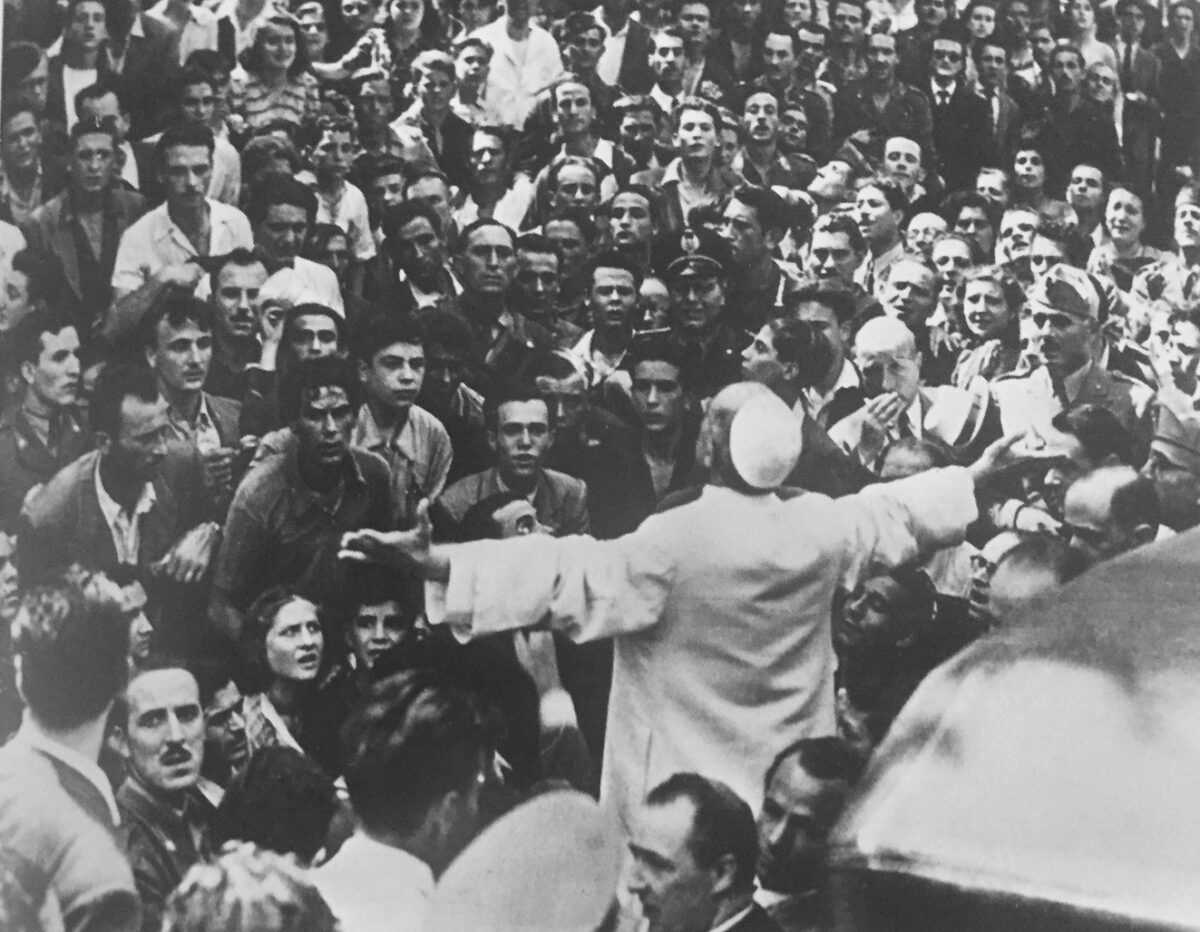Last year, following his announcement that the wartime papers of Pope Pius XII would be released, Pope Francis declared, “The Church is not afraid of history.”
Maybe it should be.
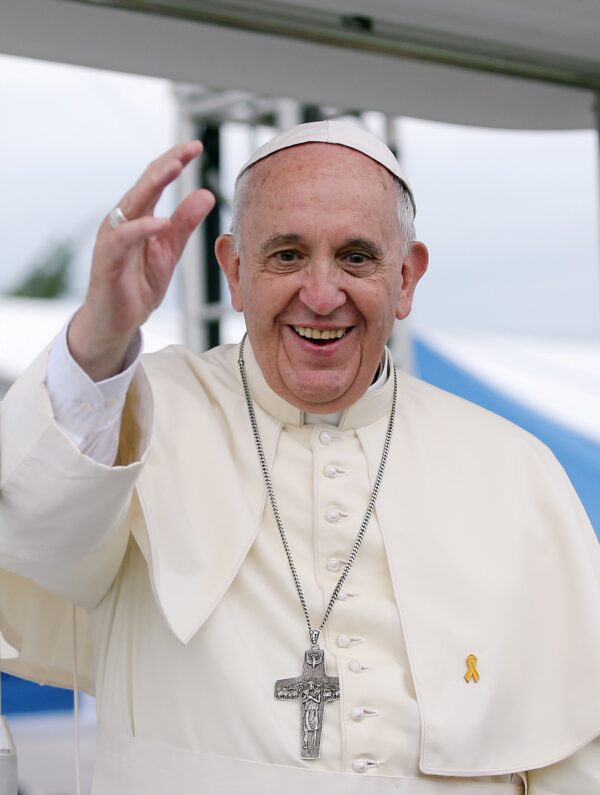
One of the most controversial pontiffs of the 20th century, Pope Pius XII led the Roman Catholic Church from 1939 until 1958. During World War II, he issued statements lamenting the loss of lives, but never directly condemned the Nazi genocide of Jews. His silence prompted the German playwright Rolf Hochhuth to write a scathing play portraying him as a moral coward.
Despite his failure to speak out, the Vatican initiated a canonization process to elevate him to sainthood. This prompted the United States Holocaust Memorial Museum to ask the Vatican to release a trove of documents from its archives relating to Pope Pius XII’s wartime record. Pope Benedict XVI agreed to undertake this task, which the current pontiff, Francis, has now completed.
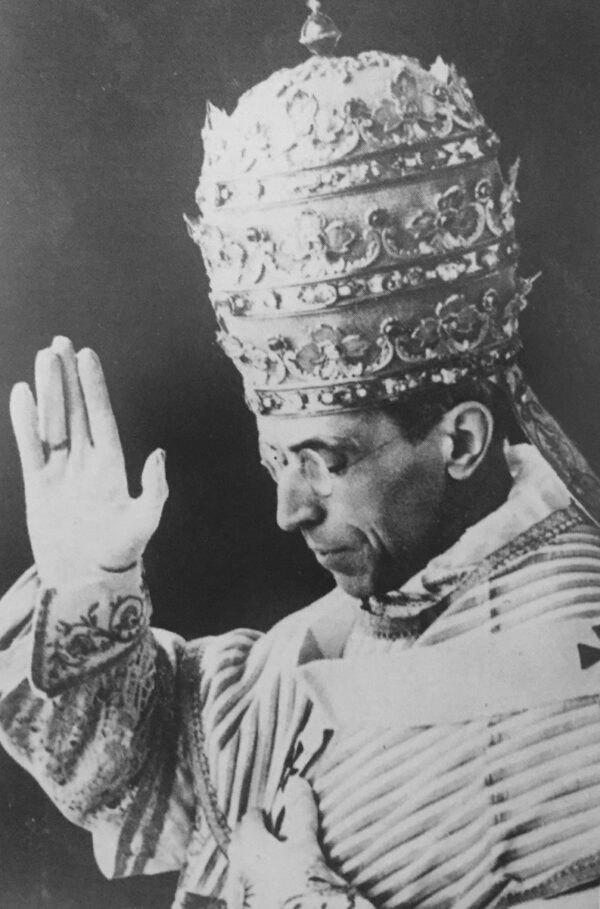
On March 2, Pope Pius XII’s papers were officially opened to researchers. Two hundred scholars were expected to arrive in Rome for the occasion, but due to the coronavirus pandemic, only seven appeared, all from the University of Munster in Germany. The German team was headed by Hubert Wolf, a Catholic priest and historian.
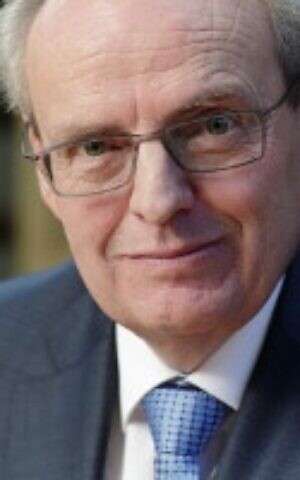
Judging by their preliminary findings, Pope Pius XII’s response to the Holocaust was far from exemplary, though Catholic convents and monasteries in Rome sheltered upwards of 5,000 Jews, while individual priests and nuns throughout Nazi-occupied Europe rescued an undetermined number of Jews.
In light of the most recent developments, it remains to be seen whether Pope Pius XII will be canonized. Cardinal Angelo Becciu, the director of the Vatican office in charge of this process, told The Washington Post recently that historical facts will determine the outcome of this fraught issue.
The historical record to date supports the thesis that Pope Pius XII, whose birth name was Eugenio Pacelli, retreated into silence in the face of reliable reports that Germany was murdering Jews on an industrial scale during the war.
By all accounts, the Vatican claimed it lacked concrete proof of such Nazi atrocities. But according to Gerhart Riegner, the well-informed representative of the World Jewish Congress in Geneva during the Holocaust, the Vatican had access to the latest information thanks to its network of priests, bishops and papal nuncios in European countries.
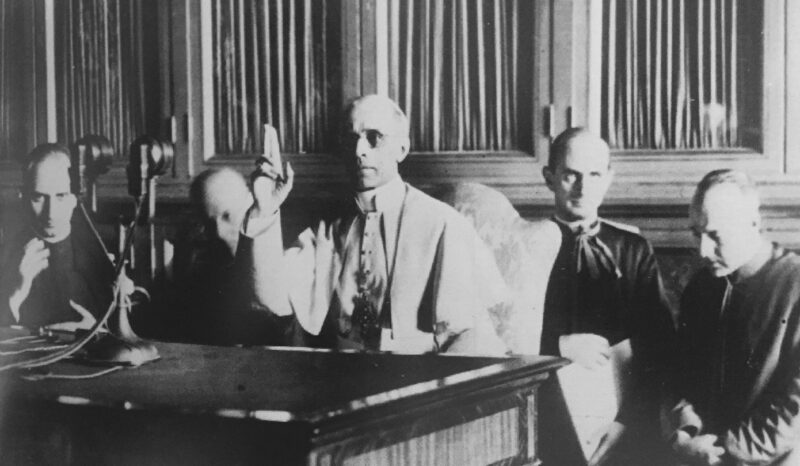
By the summer of 1942, Pope Pius XII began to receive concrete information about the Final Solution, but he reacted by biding his time, despite entreaties from Jewish organizations and requests from the Allies to denounce the killings, writes John Cornwell in Hitler’s Pope: The Secret History of Pius XII.
The archbishop of the Ukrainian Greek Catholic church, Andrey Sheptytsky, sent a letter to the pope recounting the Nazi slaughter of 200,000 Jews in the Ukraine. And an Italian businessman told Monsignor Giovanni Battista Montini, the future Pope Paul VI, of mass killings in the Warsaw Ghetto he had personally witnessed. Montini conveyed this information to Vatican Secretary of State Cardinal Luigi Maglione, but it’s questionable whether he passed it on to the pope.
Vatican officials were also privy to reports from German and Italian bureaucrats, journalists and army officers about Nazi massacres of Jews.
According to the American historian Susan Zuccotti, the author of Under His Very Windows: The Vatican and the Holocaust in Italy, the pope was of the view that a full-throated denunciation of the Holocaust would worsen matters by enraging Germany and thereby provoking violent reprisals against Catholics.
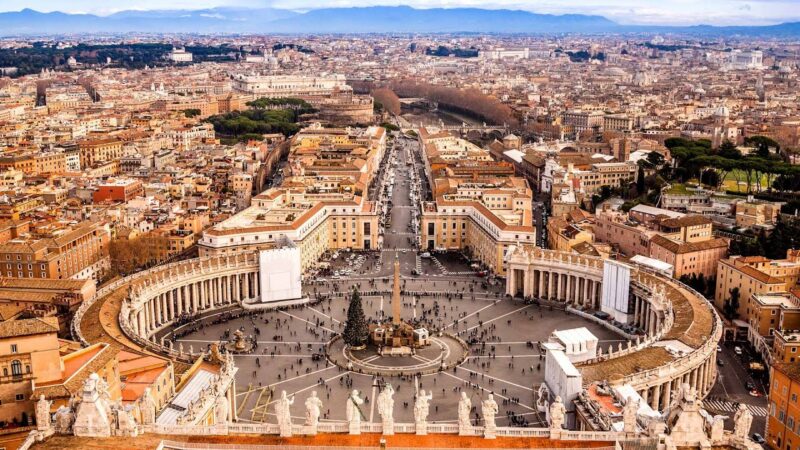
The pope may have been motivated, in part, by antisemitism, says Cornwell. “Pacelli displayed a secret antipathy toward the Jews,” he says.
Given his attitude, the pope refrained from speaking out against the deportation of 52,000 Jews from Slovakia, a predominantly Catholic state aligned with Germany. Nor did he intervene when Jews in Croatia and Poland were killed.
In 1942, U.S. President Franklin Roosevelt dispatched the envoy Myron Taylor to Rome to persuade the pope to denounce the extermination of Polish Jews. “The response, through Maglione, was a definite no,” writes Cornwell. “The pope could not condemn ‘particular’ atrocities, neither could he verify the Allies’ reports on the number of Jews murdered.”
In that same year, the pope broadcast a Christmas homily during which he only alluded to the Holocaust in the vaguest of terms. “It was to remain the fullest extent of his protest (against the Holocaust) for the rest of the war,” says Cornwell.
He adds, “The chasm between the enormity of the liquidation of the Jewish people and this form of evasive words is shocking.”
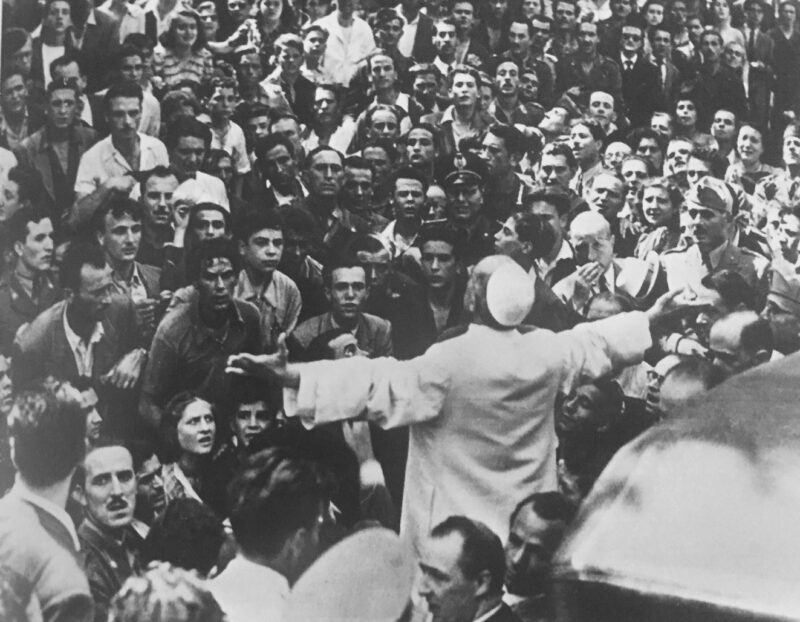
The Nazis, in October 1943, rounded up more than 1,000 Jews in Rome and deported them to the Auschwitz-Birkenau concentration camp in Poland. Germany’s ambassador to the Vatican, Ernst von Weizsacker, wrote, “The pope, although under pressure from all sides, has not permitted himself to be pushed into a demonstrative censure of the deportation of the Jews of Rome.”
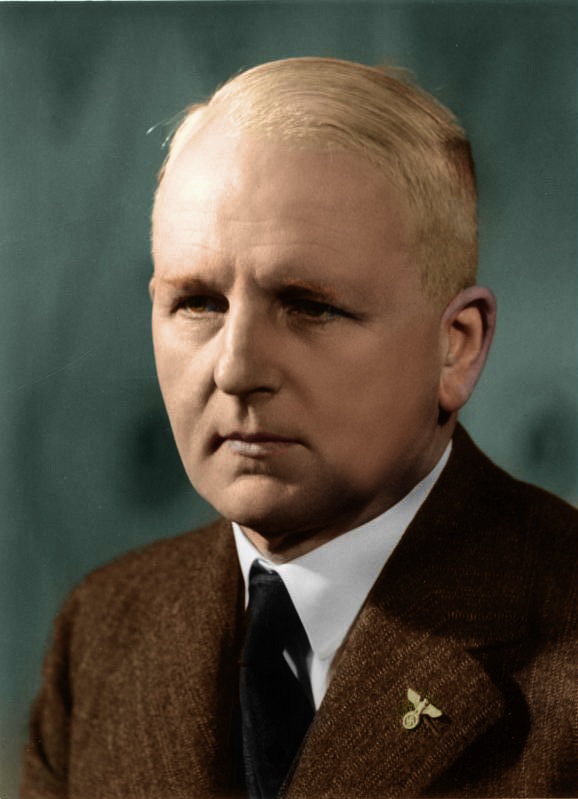
The pope, however, sent a cable to the regent of Hungary, Miklos Horthy, imploring him to stop the deportation of Jews to Auschwitz-Birkenau. The cable arrived in Budapest on June 25, 1944. Horthy replied that he would comply with the “demands of Christian humanitarian principles.” Yet the deportations continued until July 9, by which point more than 400,000 Hungarian Jews had been gassed to death.
The Vatican, in all fairness, was not entirely complicit in the mass murder of Jews.
The Holy See saved Jews in Budapest by hiding them in Catholic homes and religious institutions. And the pope allowed nuns, monks, priests and prelates in his diocese to involve themselves in saving Jews. Yet there is no evidence of “a papal role in the efforts of men and women of the church to save Jews in dioceses outside Rome,” says Zuccotti.
After the war, some Italian Jewish leaders thanked the pope for his compassion and assistance in helping Jews. And following the pope’s death in 1958, the Israeli foreign minister, Golda Meir, paid tribute to him for having “raised his voice in favor of the Jews.”
But on the whole, the pope fell far short of the mark in reacting to the Holocaust.
As Zuccotti writes, “What matters is that the pope and his diplomatic officials knew enough about the Jewish genocide to believe and understand that it was a disaster of immense, unprecedented proportions. Given what they knew, they should have acted vigorously.”
Precisely.
